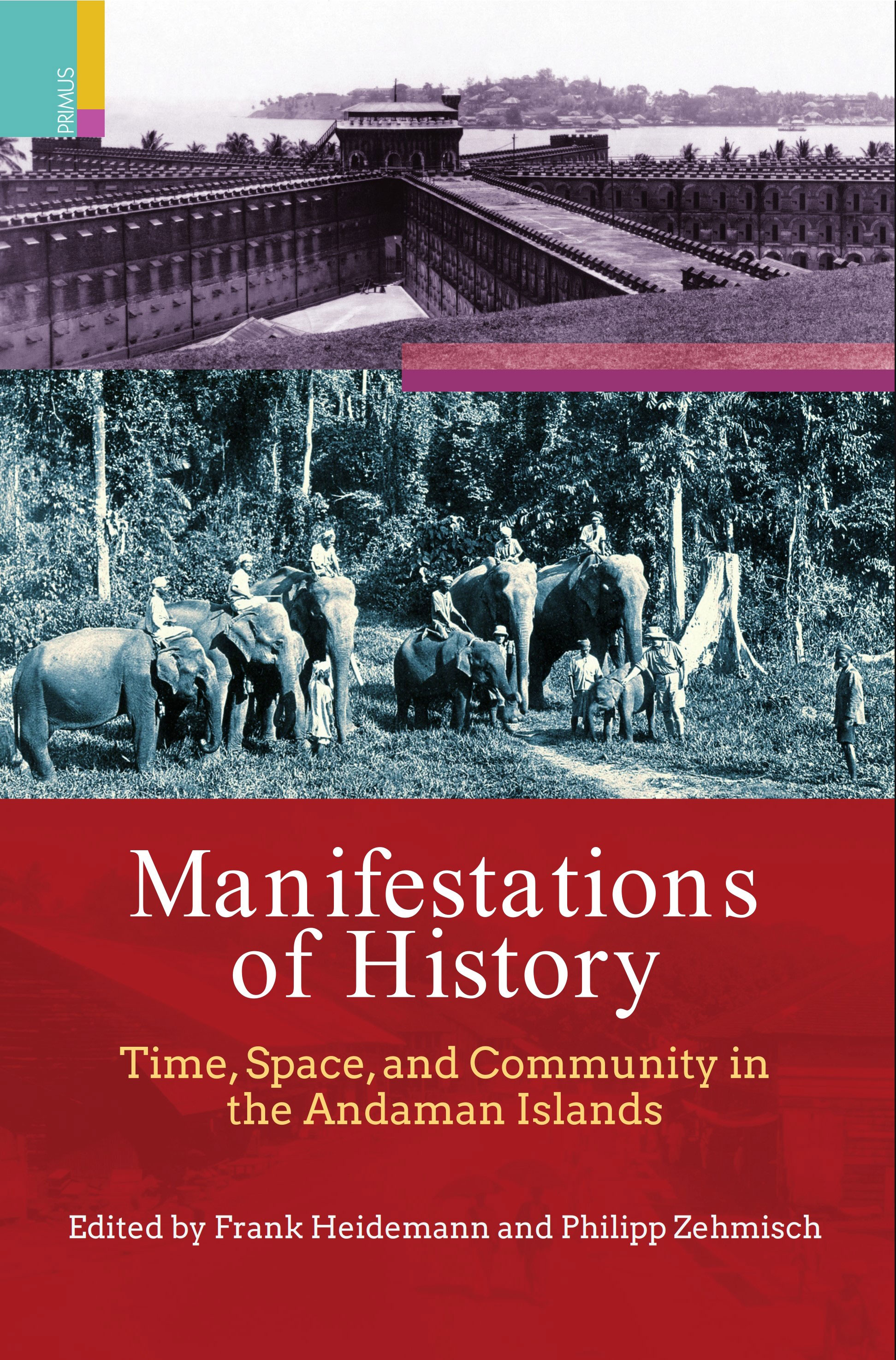Aufgabengebiet
Arbeitsschwerpunkte: Politikethnologie, Migration und Diaspora, Postcolonial Studies, Transnationalismus, Mensch-Umwelt-Beziehungen, Indigenität
Regionaler Schwerpunkt: Südasien, insbesondere Andamanen, Chotanagpur und Pakistan
Kontakt
Ludwig-Maximilians-Universität München
Geschwister-Scholl-Platz 1
80539 München
Weitere Informationen
Forschungsprojekt
Postdoc-Forschung zum Thema „Dichotome Souveränität – Erinnerungskultur, Geschichtsschreibung und Nationenbildung in Südasien“, betreut und ausgerichtet vom Center for Advanced Studies, finanziert durch die Münchner Universitätsgesellschaft und unterstützt vom Institut für Ethnologie der LMU.
Konferenzen und Auszeichnungen
Oktober 2015
Forschungsförderpreis der Frobenius-Gesellschaft für die Dissertation „Mini-India: The Politics of Migration and Subalternity in the Andaman Islands“ (Zusammenfassung) (pdf, 15 KB)
Juli 2015
Dissertationspreis der Fakultät für Kulturwissenschaften für die genannte Doktorarbeit
Juni 2013
Organisation der internationalen Konferenz „Manifestations of History in the Andaman Islands“ (Förderung: DFG und LMU)
Wissenschaftlicher Werdegang
- Seit WS 2015/16
Postdoc-Stipendiat am Center for Advanced Studies der LMU München - April 2008 – März 2015
Promotion am Institut für Ethnologie der LMU, Betreuer: Frank Heidemann und Martin Sökefeld - Oktober 2013 – Mai 2014
Werkvertrag, Institut für Ethnologie, LMU - April 2013 – Oktober 2013
Stipendiat der LMU (Förderung: Graduate Center LMU) - April 2010 – März 2013
Wissenschaftlicher Mitarbeiter im DFG-Sachbeihilfe-Projekt „Migration und Place-Making in der postkolonialen Siedlergesellschaft auf den Andamanen, Indien“ - Januar 2011 – Januar 2012
Feldforschung und Archivarbeit auf den Andamanen und in Delhi, Research Fellow am Department of Sociology, Delhi School of Economics, Delhi University (Förderung: DFG) - Oktober 2009 – März 2010
Lehrauftrag „Der Postkoloniale Staat“, Institut für Ethnologie, LMU - Januar 2009 – Juli 2009
Feldforschung und Archivarbeit auf den Andamanen und in Kolkata, Chennai und Visakhapatnam, Visiting Researcher am Department of Sociology, Madras University (Förderung: DAAD) - Mai 2008 – Dezember 2008
Wissenschaftlicher Mitarbeiter des Kulturreferats der Stadt München: Feldforschung in München und Istanbul, Konzeption und Umsetzung der Ausstellung „Crossing Munich – Orte, Bilder und Debatten der Migration” - Oktober 2007 – April 2008
Wissenschaftlicher Mitarbeiter im Arbeitsbereich Sozialanthropologie, Forschungs- und Praxisschwerpunkt „Transnationalisierung und Entwicklungsforschung“, Fakultät für Soziologie, Universität Bielefeld. - Oktober 2001 – September 2007
Studium der Ethnologie, Wirtschaftsgeographie und Sozialpsychologie, LMU, M.A. Arbeit: „Geschichte, Gesellschaft und Identität auf den Andamanen“ - März 2006 – Juni 2006
Feldforschung für die Magisterarbeit auf den Andamanen und in Chennai, Indien (Förderung: DAAD)
Publikationen
Liste der Veröffentlichungen (pdf, 400 KB)
By Philipp Zehmisch
Often called 'Mini-India the Andaman Islands have been a crucial site of encounter between different regimes, subjects, castes, creeds, languages, and ethnicities. Since 1858, subaltern convicts, refugees, repatriates, and labourers from South and South East Asia have moved to the islands, condemned to, or in search of a new life. While some migrants have achieved social mobility, others have remained disenfranchised and marginalised.
This ethnographic study of the Andaman settler society analyses various shades of inequality that arise from migrant communities’ material and representational access to the state. The author employs the concept of subalternity to investigate political negotiations of island history, collective identity, ecological sustainability, and resource access. Interpreting characteristic views, practices, and voices of subaltern interlocutors, the author untangles their collective agency and consciousness in migration, settlement, and place-making processes. Further, the book highlights particular subaltern strategies in order to achieve autonomy and peaceful cohabitation through movement, cultural and social appropriation, and multi-layered methods of resistance.
Oxford University Press
India, 2017
 By Frank Heidemann & Philipp Zehmisch
By Frank Heidemann & Philipp Zehmisch
This volume highlights the significant, yet underestimated, place of the Andaman and Nicobar Islands in socio-cultural and historical studies of the Indian Ocean region. British penal colonialism, the Japanese occupation during the Second World War as well as the post-Independence migration of Partition refugees, repatriates and migrants from all over South Asia left a deep imprint on local society. These features render the islands an ideal sociological showcase for the study of historical manifestations. Multiple castes, classes, communities, religions, and languages reflect the social complexity of South Asia and reveal entanglements between the British Empire, the Indian nation-state, and destination countries of South Asian overseas migration. Effectively, this volume contributes to interdisciplinary theorizing by bringing together research rooted in historical theory and scholarship stemming from ethnographic observation as well as macro-level studies of South Asian nation-states and micro-level studies of local communities in vivid and meaningful dialogue with each other. Challenging the analytical usefulness of Euro- centric perceptions of time-structured historical models as the only valid means of explaining the present, it explores alternative analytical avenues opened by a space-bound concept of history.

